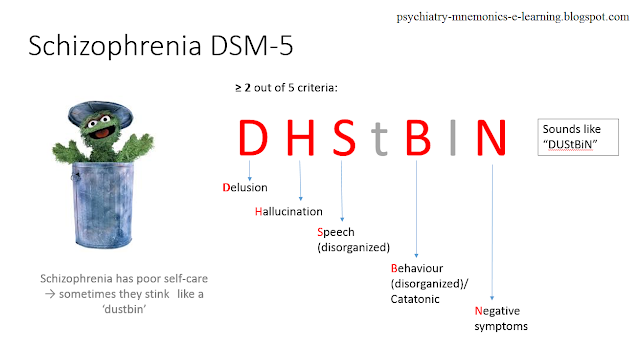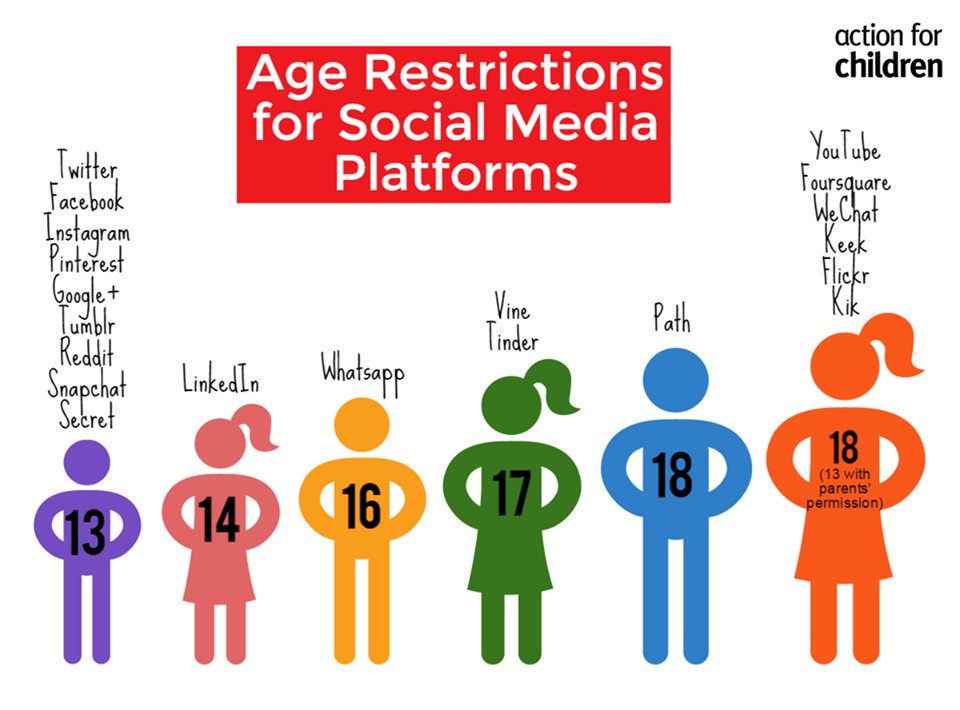Bipolar and spirituality
The 4 Spiritual Traps of Bipolar Disorder
I want to start by saying that this list of spiritual traps accompanying bipolar disorder is no scientific article. Rather, it is a list of my own experiences and those of my clients searching for ways to integrate spiritual wisdom gleaned during times of madness while also honoring the painful reality of bipolar symptoms. Just as creativity has been openly linked to bipolar disorder, there is a spiritual component to the illness that gets much less attention due to various degrees of stigma and taboo.
Because of so much obscurity and ambiguity around spiritual awakening and symptoms of mania, many feel lost trying to integrate their experiences. I believe the confusion has a lot to do with spiritual revelation being dismissed during co-occurring mania. This list of spiritual traps common with bipolar disorder attempts to address this false dichotomy. An antidote for each trap is included — a way out that might ease the psychic tension and allow for honest and open evaluation of one’s condition.
1. Grandiosity. When one first awakens to spiritual truths, there is an automatic invitation to feel special. How could we not feel this way? We suddenly realize that there is more to life than what we had previously thought. Because newly gained spiritual insight appears foreign to others, we think we’ve been chosen, are more valuable or alone carry the burden of truth.
Antidote: Humility. Perhaps you have stumbled upon the perennial wisdom of unity, oneness and transcendence, but surely you are not the only one; not throughout history and not now, either. Many people are privy to the same insight through spiritual practice and contemplation. You are not alone. Know these insights are inherent to the human condition, if only yet to be realized.
2. Isolation. Grandiosity might be considered a type of psychological isolation, where one feels differentiated from others to the point of feeling singularly magnificent.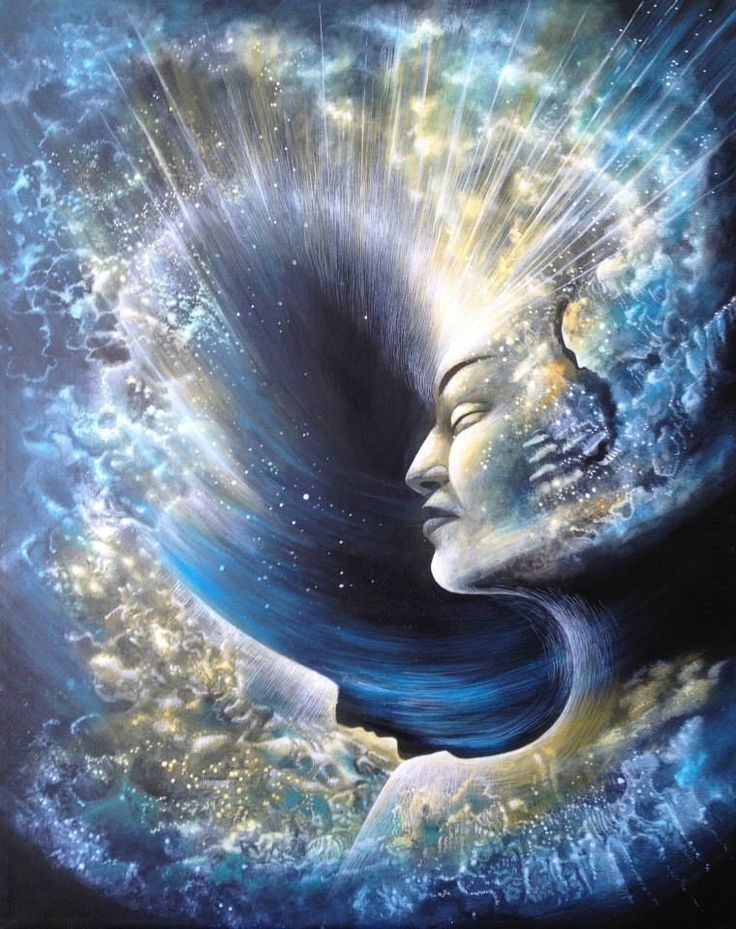 But physical and emotional isolation may ensue as well as one gravitates to spiritual ideas. Spiritual insight plants a seed that can grow into obsessive behavior, shutting out loved ones and former connections in the pursuit of enlightenment or other types of spiritual attainment.
But physical and emotional isolation may ensue as well as one gravitates to spiritual ideas. Spiritual insight plants a seed that can grow into obsessive behavior, shutting out loved ones and former connections in the pursuit of enlightenment or other types of spiritual attainment.
Antidote: Community. Spiritual pursuit may be a personal endeavor, but community is a huge part of all wisdom traditions. Whether it’s the tribe, the Sangha or the congregation, we need others to discuss, support and validate our experiences. Community can help normalize one’s insight so it doesn’t feel so overwhelming.
3. Urgency. The idea that you or anyone else needs to awaken to spiritual truth on any particular timeframe is aggressive and can breed paranoia, even violence. The mind becomes speedy, racing toward some final, seemingly inevitable destination. Urgency can stem from a sincere desire to share wisdom but can also result from fear of missing out or losing touch with one’s current state. It feels like the window of opportunity might shut at any moment.
It feels like the window of opportunity might shut at any moment.
Antidote: Trust. Billions of years. Billions! That’s how long it took for us to get here. And that’s just present knowledge. Who’s to know how many eons have passed prior to the universe as we know it or where the seed of life originated. Must everyone now awaken on our time? Be patient. Understand the limits of one person. Trust the process that brought you into being, and trust the path laid before us all as both individuals and as one human collective.
4. Perfectionism. Rooted in the striving for a perfect spiritual life is the poison of dichotomous thinking: the all-or-nothing, black-and-white approach to understanding. People are either good or evil, ideas are either wrong or right and we ourselves are either enlightened or crazy. This creates tremendous rigidity and pressure, making it difficult to relax and find serenity.
Antidote: Compassion.:strip_icc():format(jpeg)/kly-media-production/medias/3018655/original/008121600_1578662842-Infografis_Penderita_Skizofrenia_Meningkat_di_Indonesia.jpg) Be gentle with yourself and those around you. Listen closely and try to understand others and what they’re feeling and needing. Forgive misunderstanding or miscommunication. We are all doing the best we can with the tools we have. There is goodness in all of us, no matter how obscured by pain and confusion. Love is always the answer.
Be gentle with yourself and those around you. Listen closely and try to understand others and what they’re feeling and needing. Forgive misunderstanding or miscommunication. We are all doing the best we can with the tools we have. There is goodness in all of us, no matter how obscured by pain and confusion. Love is always the answer.
I hope this article might validate the spiritual insights of so many while bringing more awareness to this crucial area of bipolar disorder. This list is merely a few notable insights from my own experience, validated in anecdotal evidence by those I’ve worked with and met throughout my time as a life coach for people in recovery. Spirituality and psychiatry are not mutually exclusive, but can be integrated into a comprehensive treatment that validates one’s experiences while honoring the need to manage symptoms.
Chris Cole is the author of The Body of Chris: A Memoir of Obsession, Addiction, and Madness, and he’s a life coach for people in recovery.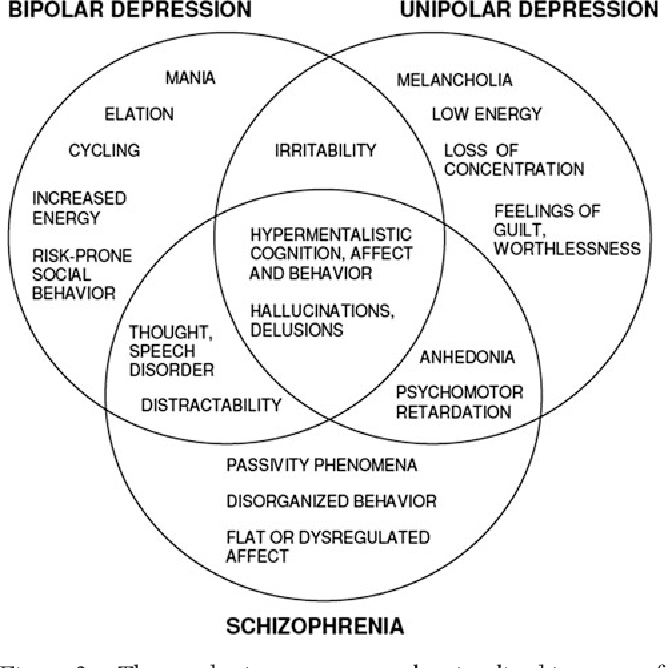
Is Mania a Spiritual Experience?
I was eighteen years old when I first experienced acute manic psychosis. I had just arrived at the University of Georgia for my freshman fall semester when I suddenly had what seemed like a profound spiritual awakening. I felt as if I was waking up from a bad dream, as if my mind and body were merely figments of my imagination. I felt an incredible transcendence and oneness with the universe, an experience I could only fathom to be spiritual. Back then, I didn’t know anything about bipolar disorder.
My first thought upon being struck with this overwhelmingly blissful state was, “This is what God feels like; I must be Jesus!” It was from there that I began my deluded descent into madness. I ran upstairs in my dormitory, assuming that my friends would be my first disciples, and tried to perform miracles to prove my divinity. When they attempted to calm me down, I punched one of them in the face, calling him the devil, and ran back downstairs.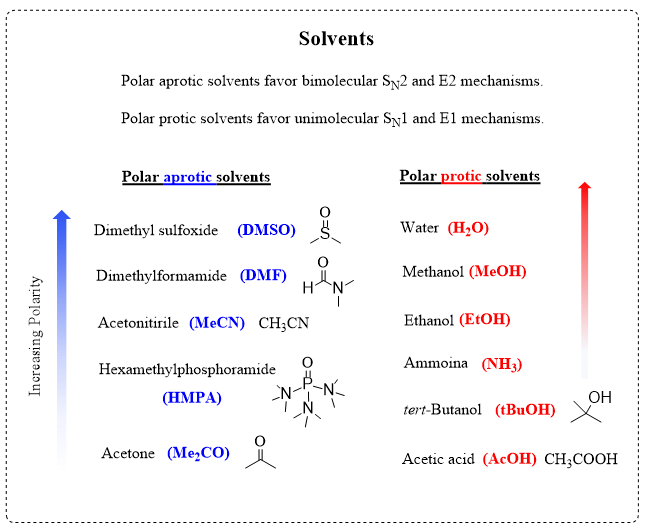 Campus police promptly met me in the dorm lobby and arrested me on the spot.
Campus police promptly met me in the dorm lobby and arrested me on the spot.
On my way to jail, I was no longer feeling so ecstatic. In fact, it was the most excruciating fear I had ever experienced. I began believing that the police officers were the Pharisees taking me to my crucifixion. They placed me in my own jail cell, and I began stripping off my clothes, demanding for the officers to come look at my naked body. Throughout the whole experience, I felt almost completely dissociated, as if I was watching a movie of myself with little to no control of the actor.
After a few days of trying to convince my parents that I was returning humanity to the Garden of Eden, they realized my condition might not be from taking psychedelic drugs as they had thought. I was escorted to my local psychiatric hospital, and once medicated, came down from my messianic mission to create heaven on earth. The only problem was, I had never been more certain of God in my life, and the clinicians just kept telling me that it was normal for grandiose delusions to take on religious and spiritual themes. I was not convinced.
I was not convinced.
My thoughts immediately went to the biblical stories I grew up with: how God tested Abraham’s faith when he was told to sacrifice his son, and how God communicated to Moses through a burning bush. Were these not examples of delusions and hallucinations? Even Jesus was convinced to be the Son of God. Were the holy men of the Bible bipolar? I had a lot of questions, and my questions seemed to be forcing me to choose one side or the other—either spirituality or psychiatry.
It took me about a decade to finally integrate both truths and find some peace around my manic episodes. I studied spirituality and psychology, and I came to the conclusion that bipolar disorder and spiritual experiences didn’t need to exist in opposition. I’ve come to some basic definition of spirituality as the transcendence of ego. In this sense, mania was indeed a spiritual experience, albeit an unmanageable one. This didn’t mean my bipolar diagnosis was bogus, and I’m not saying all psychotic episodes are spiritual.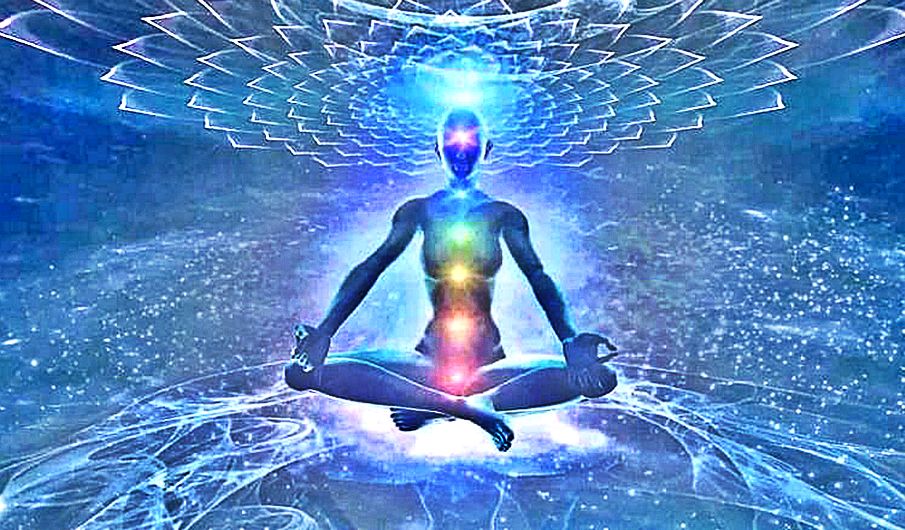 But I can now rest easy knowing that my experiences were both spiritual and bipolar.
But I can now rest easy knowing that my experiences were both spiritual and bipolar.
If I’m honest with myself, a major sign of my mania is increased spirituality, but at the same time, a major sign of my depression is a lack of spiritual significance. Finding balance in recovery means that I am able to seek both spiritual and clinical solutions to my bipolar symptoms without fear that I am falling out of grace with God. When I was first diagnosed, I had the idea that either bipolar existed or God existed. There was no space for both.
My spirituality has necessarily evolved over the years. Because of my history with manic psychosis, I have to guard myself against dogmatic or superstitious beliefs. I try my best to live a life of love, and I rest assured knowing that the more kindness I spread to the world, the more aligned I am with my spiritual path. Telling my story of recovery has become part of this spiritual process. My faith means a great deal to my health, and without it, my recovery wouldn’t be as strong as it is today.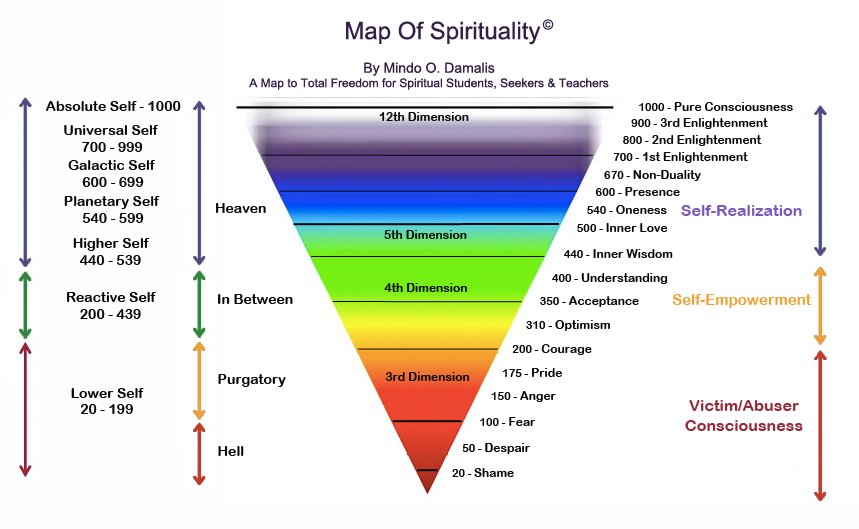 I hope that by sharing my story, others going through the same difficulties might not take so long to make sense of their own experiences.
I hope that by sharing my story, others going through the same difficulties might not take so long to make sense of their own experiences.
Chris Cole is the author of The Body of Chris: A Memoir of Obsession, Addiction, and Madness, and he’s a life coach for people in recovery.
Russian character. Article 8: Russian antinomianism / Pravoslavie.Ru
Bipolar spirituality superimposed on the boundless and unbridled nature of the Russian human, sets the tragic inconsistency and maximalism Russian character. Russian tend to rush from one extreme to another: from submission to rebellion, from passivity to overvoltage, from everyday life to heroism, from creation to destruction, from frugality to wastefulness (from a merchant to a buffoon). Wide Range between the poles sets an immense range of characteristics and creative possibilities: “What evidenced by this latitude and polarization Russian person? First of all, about the huge variety of opportunities hidden in Russian character, openness of choice, surprise new, about the possibility of rebellion against rebellion, organization versus disorganization sudden manifestations of good against evil, oh inner freedom of the Russian man, in which through the veil of evil can suddenly flare up the best, pure, conscientious” (D. S. Likhachev).
S. Likhachev).
Antinomy was reflected in the unrestrained Russian temperament prone to extremes:
If you love, so without reason,
If you threaten, then in earnest,
If you scold, so rashly,
If you chop, so blatantly!
If you argue, it's so bold,
If you punish, then it's for the cause,
If you forgive, then with all your heart.
If there is a feast, then a feast is a mountain!
(A.K. Tolstoy)
It is not clear to a Russian person how much is needed and why forces to spend on improvement and comfort than with European man is busy with enthusiasm. Russian man is is going to settle down stably and comfortably in this world, it is cramped to him, despite the vast spaces. Russians people were forced to spend all their strength in the struggle for survival in harsh conditions, but the Russian spirit strove beyond middle kingdom to the supernatural and immeasurable.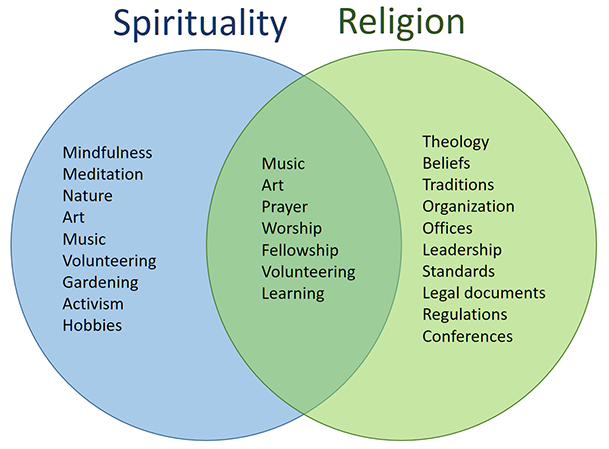 Therefore, Russian civilization is civilization of inspiration and achievement in which no persistent, painstaking work in the name of raising welfare. In European culture, life ideals secularized, underestimated, their implementation does not require overvoltage and less dramatic than in Russian a culture in which the overestimation of ideals is fraught with breakdowns and disasters. If European vices - from earthiness of ideals, then Russians are breakdowns in embodiment of lofty ideals. Russian soul passionately reaches for the heavenly, but with the loss of vital foundations and spiritual orientation is not held in the middle dimensions and collapses into the underworld. Why Russian man appears in history either in the form of a god, or in the guise of a beast, he is capable of manifestations and violent religiosity, and violent theomachism.
Therefore, Russian civilization is civilization of inspiration and achievement in which no persistent, painstaking work in the name of raising welfare. In European culture, life ideals secularized, underestimated, their implementation does not require overvoltage and less dramatic than in Russian a culture in which the overestimation of ideals is fraught with breakdowns and disasters. If European vices - from earthiness of ideals, then Russians are breakdowns in embodiment of lofty ideals. Russian soul passionately reaches for the heavenly, but with the loss of vital foundations and spiritual orientation is not held in the middle dimensions and collapses into the underworld. Why Russian man appears in history either in the form of a god, or in the guise of a beast, he is capable of manifestations and violent religiosity, and violent theomachism.
Messianic energy manifests itself in various levels of culture in opposite directions.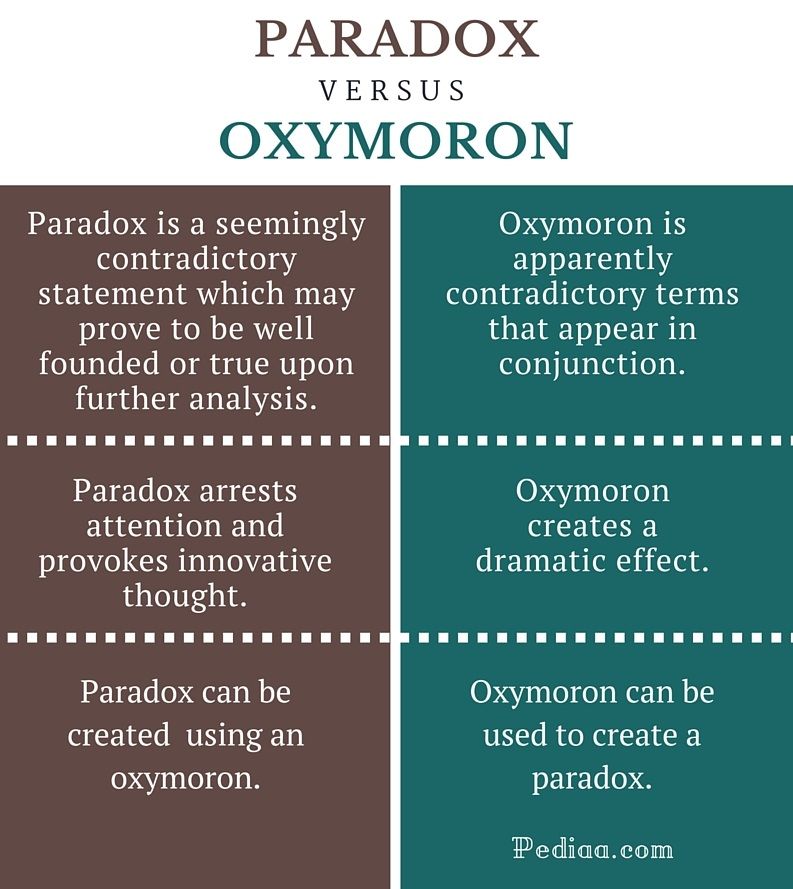 When lamented carriers of the cultural archetype - traditions, way of life, then in a blind instinct they could be both constructive and destructive impulses. Russian radicalism and maximalism - "not from satiety, but, on the contrary, from thirst ... Not only from thirst, but even from inflammation, from feverish thirst!.. Our how they get to the shore, how they believe that this is the shore, then they will be so delighted with him that they immediately reach the last pillars ... And not just us, but all of Europe is amazing in such cases, our Russian passion: we have a stake in Catholicism will pass, then it will certainly become a Jesuit, and even from the most underground; if he becomes an atheist will certainly begin to demand the eradication of faith in God violence, that is, therefore, the sword! Why is this, why such a frenzy at once? .. Because he found his fatherland, which he overlooked here, and rejoiced; coast, land found and rushed to kiss her! Not from one vanity, after all, after all, not everything comes from some bad conceited feelings Russian atheists and Russian Jesuits, but also from spiritual pain, out of a spiritual thirst, out of longing for a higher cause, for a strong shore, in the homeland, in which they stopped believing, because that they never knew her! It's so easy to become an atheist it is easier for a Russian person than for everyone else in the whole world! And ours not only become atheists, but certainly believe in atheism, as if in a new faith, without noticing that believe in zero.
When lamented carriers of the cultural archetype - traditions, way of life, then in a blind instinct they could be both constructive and destructive impulses. Russian radicalism and maximalism - "not from satiety, but, on the contrary, from thirst ... Not only from thirst, but even from inflammation, from feverish thirst!.. Our how they get to the shore, how they believe that this is the shore, then they will be so delighted with him that they immediately reach the last pillars ... And not just us, but all of Europe is amazing in such cases, our Russian passion: we have a stake in Catholicism will pass, then it will certainly become a Jesuit, and even from the most underground; if he becomes an atheist will certainly begin to demand the eradication of faith in God violence, that is, therefore, the sword! Why is this, why such a frenzy at once? .. Because he found his fatherland, which he overlooked here, and rejoiced; coast, land found and rushed to kiss her! Not from one vanity, after all, after all, not everything comes from some bad conceited feelings Russian atheists and Russian Jesuits, but also from spiritual pain, out of a spiritual thirst, out of longing for a higher cause, for a strong shore, in the homeland, in which they stopped believing, because that they never knew her! It's so easy to become an atheist it is easier for a Russian person than for everyone else in the whole world! And ours not only become atheists, but certainly believe in atheism, as if in a new faith, without noticing that believe in zero. Such is our desire! Who is the soil under does not have itself, he does not have God ”(F.M. Dostoevsky).
Such is our desire! Who is the soil under does not have itself, he does not have God ”(F.M. Dostoevsky).
Ontological polarization of the Russian soul affects in different dimensions and fundamentally distinguishes Russian people from Europeans. "French- dogmatist and skeptic, dogmatist at the positive pole of his thoughts and skeptic on the negative pole. German - mystic or criticist, mystic at the positive pole and negative critic. Russian - apocalyptic or nihilist apocalyptic – on the positive pole and the nihilist on negative pole. The Russian case is the most extreme and the most difficult. A Frenchman and a German can create a culture for culture can be created dogmatically and skeptically, you can create it mystically and critically. But it's hard it is very difficult to create a culture in an apocalyptic and nihilistically. Culture can have depth - dogmatic and mystical, but it suggests that behind the middle of the life process some kind of value, that the value is not only absolute, but also relative.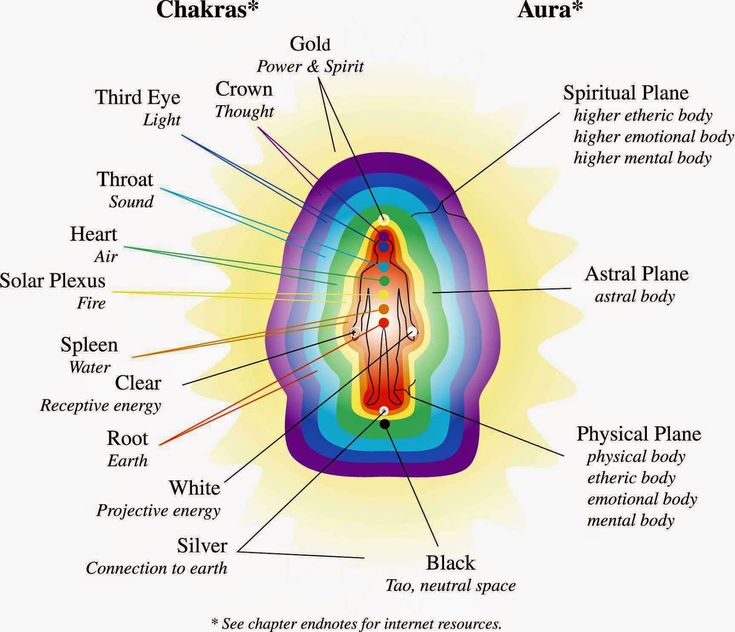 Apocalyptic and nihilistic well-being overthrows the entire middle of the life process, all historical stages, does not want to know any values culture, it rushes to the end, to the limit. These opposites easily pass into each other ... And Russian people are so variable and so confused apocalyptic and nihilistic, which is difficult to distinguish between these polar opposites” (N.A. Berdyaev).
Apocalyptic and nihilistic well-being overthrows the entire middle of the life process, all historical stages, does not want to know any values culture, it rushes to the end, to the limit. These opposites easily pass into each other ... And Russian people are so variable and so confused apocalyptic and nihilistic, which is difficult to distinguish between these polar opposites” (N.A. Berdyaev).
In this case, it is necessary to distinguish between concepts. Eschatology is a striving towards a new heaven and a new earth, towards to the heavenly world, to the beyond. The Apocalypse describes the tragedy of the end of the world. If the eschatological consciousness focused on the lightning of the transfigured world, it aspired to the beginning of a new being, then the apocalyptic consciousness is fascinated by the inevitability of the absolute death of everything in the universe, it is fixated on the end of the old world. Holistic Religious Consciousness Covers Both Perspectives - and the end of time, and the beginning of eternity.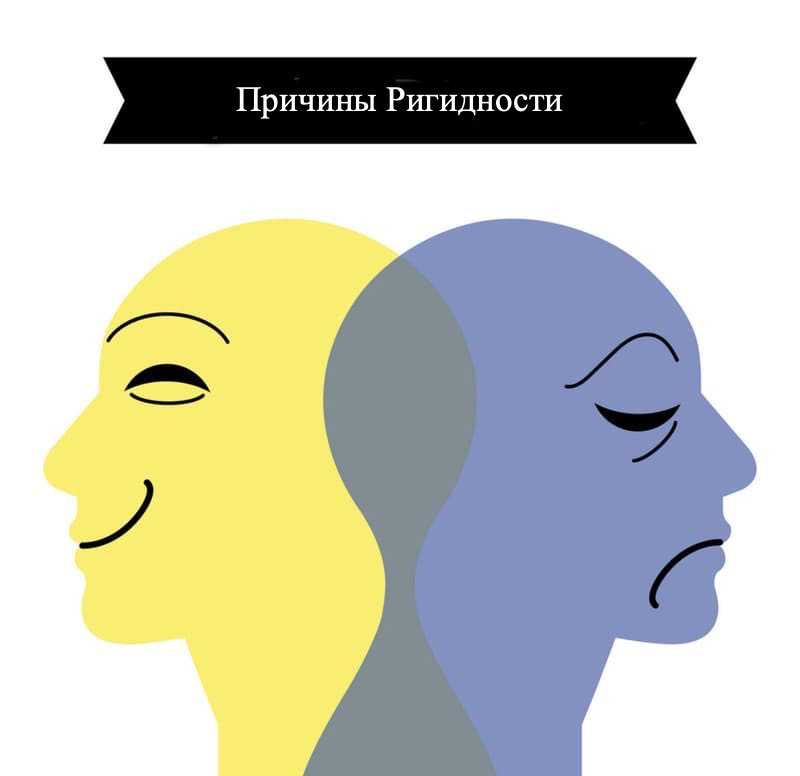 One without the other limited: apocalyptic fear without eschatological feelings - hypnotizes, eschatological aspiration without feeling the tragedy of the universal end - exalts a person. religious affectivity, or maniacal apocalyptic, rooted in the Russian soul Josephism, and since then its relapses spill out into tragic periods of Russian history.
One without the other limited: apocalyptic fear without eschatological feelings - hypnotizes, eschatological aspiration without feeling the tragedy of the universal end - exalts a person. religious affectivity, or maniacal apocalyptic, rooted in the Russian soul Josephism, and since then its relapses spill out into tragic periods of Russian history.
The situation is different with the non-religious consciousness, which devoid of a sense of eternity, limited by worldly concepts. For him, hopelessly pessimistic and ideas about the end of time. Spiritual aspirations and the blind the religious energy of a godless person is concentrated in narrow worldly boundaries and gives rise to phantoms. Secular-eschatological consciousness is utopian, it gives rise to the doctrine of the thousand-year Kingdom of God on earth. The secular-apocalyptic consciousness is nihilistic, for obsessively fixated on the prospect of death. First is a utopia of creation, the second is a mania all-negation and all-annihilation.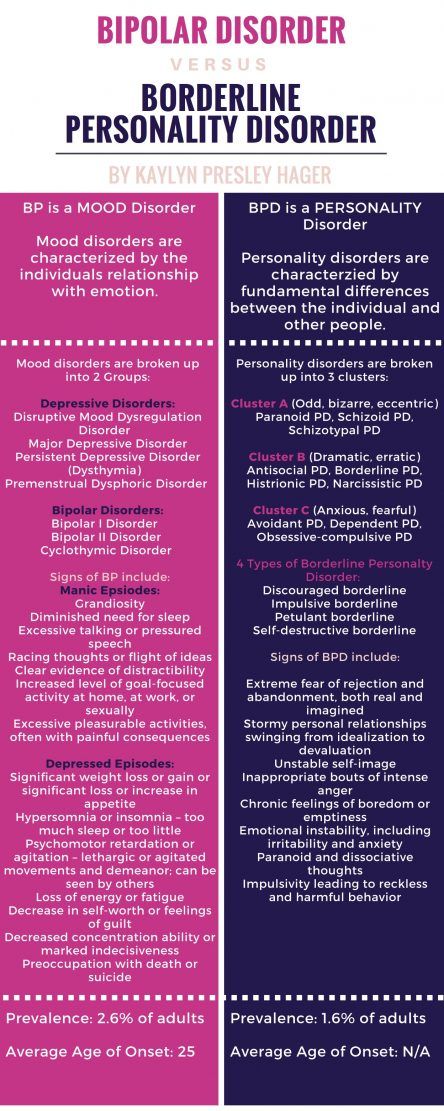 Russian messianic consciousness, when falling into atheism, gives rise to a characteristic Russian forms of utopianism and obsession, connected as as a rule, with a distortion of eschatological and apocalyptic aspirations. Through false heroism, twisted sacrifice, nihilistic denial, desire for destruction the soul that has lost God rushes to its own end and the end of everything. Here the secular apocalyptic overlaps and conquers eschatology. European in eschatological obsession fixated on this world: he strives for subjugation and enslavement of everyone around, planting an iron order. Russian in apocalyptic mania destroys destroys everything and everyone (up to the self-immolation of the Old Believers - a phenomenon unimaginable in Europe).
Russian messianic consciousness, when falling into atheism, gives rise to a characteristic Russian forms of utopianism and obsession, connected as as a rule, with a distortion of eschatological and apocalyptic aspirations. Through false heroism, twisted sacrifice, nihilistic denial, desire for destruction the soul that has lost God rushes to its own end and the end of everything. Here the secular apocalyptic overlaps and conquers eschatology. European in eschatological obsession fixated on this world: he strives for subjugation and enslavement of everyone around, planting an iron order. Russian in apocalyptic mania destroys destroys everything and everyone (up to the self-immolation of the Old Believers - a phenomenon unimaginable in Europe).
The Russian apocalyptic is impatient because he cannot tolerate the self-sufficiency of the middle world. "The apocalyptic Russian man is like the first Christians who, knowing of the imminent coming of the Savior, prayed: “Let this world pass away, let the kingdom come Yours”, which became the leitmotif of the new Russian culture.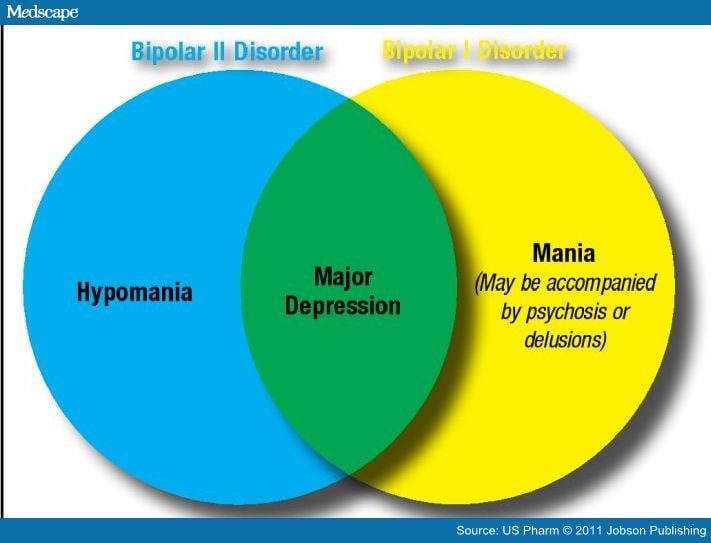 But the Russian man does not stop there. the place where the first Christians stopped. He doesn't intend hands clasped to wait for this sinful world to die from a blow Divine Universal Judge. In his apocalyptic The excited Russian can no longer wait. He must help he must participate. He must destroy the world himself. So the denial of the world develops into a desire for its destruction. This is the essence of Russian nihilism. This is pessimism in action… Russian nihilism has a religious nature. It's religious affect which has passed into negation. It is a religion of annihilation, which presupposes the existence of a higher world as a hidden contrast. After all, only in comparison with the upper world does reality can cause such disgust. Russian nihilist watching to their destructive work as “creative pleasure” (as Bakunin put it). vaguely feels he is the overthrow of the existing order as a relief opportunities for the future, the best; as a sacrifice to that God, which he does not know or does not want to know.
But the Russian man does not stop there. the place where the first Christians stopped. He doesn't intend hands clasped to wait for this sinful world to die from a blow Divine Universal Judge. In his apocalyptic The excited Russian can no longer wait. He must help he must participate. He must destroy the world himself. So the denial of the world develops into a desire for its destruction. This is the essence of Russian nihilism. This is pessimism in action… Russian nihilism has a religious nature. It's religious affect which has passed into negation. It is a religion of annihilation, which presupposes the existence of a higher world as a hidden contrast. After all, only in comparison with the upper world does reality can cause such disgust. Russian nihilist watching to their destructive work as “creative pleasure” (as Bakunin put it). vaguely feels he is the overthrow of the existing order as a relief opportunities for the future, the best; as a sacrifice to that God, which he does not know or does not want to know. So sublime a thinker like Solovyov, and as frantic as Bakunin, have the same deep layer of the soul, in which both the Christian expectation of the salvation of one and godless curses of another. In the first case, the accent is done on the positive side - hope for future; in the second - on the negative, on the destruction old; and depending on this we are dealing with messianic or nihilistic type. But they both have an apocalyptic soul longing for the end of history. looking back around them, they experience the same nagging feeling: all this should not be. And just a matter of temperament is - whether to wait for the collapse of the world in reverent hope for the mercy of God or try to bring about the end own efforts” (W. Schubart).
So sublime a thinker like Solovyov, and as frantic as Bakunin, have the same deep layer of the soul, in which both the Christian expectation of the salvation of one and godless curses of another. In the first case, the accent is done on the positive side - hope for future; in the second - on the negative, on the destruction old; and depending on this we are dealing with messianic or nihilistic type. But they both have an apocalyptic soul longing for the end of history. looking back around them, they experience the same nagging feeling: all this should not be. And just a matter of temperament is - whether to wait for the collapse of the world in reverent hope for the mercy of God or try to bring about the end own efforts” (W. Schubart).
The same qualities of national character were manifested differently in layers rooted in tradition and torn off from them. Some vices attributed to the Russian character, were the vices of groundless and marginal estates. Some features of the Russian character echoed in post-Petrine nobility and intelligentsia in a negative refraction. So, the groundless Russian intelligentsia was groundless in Russian passionately - earnestly, with anguish; radically nihilistic - to the point of rejecting all soil like life flesh. The secularized consciousness remained bipolar, but rejected worldly values not in the name of Divine, but totally nihilistic. "Russian the intelligentsia in its vast masses never realized immanent to itself the state, the Church, the fatherland, the highest spiritual life. All these values seemed to her transcendentally distant and evoked in her a hostile feeling - as something alien and forcing. Never Russian intelligentsia did not experience history and historical fate as immanent to itself, as its own and therefore led the process against history as against violence committed against her” (N.A. Berdyaev).
Some features of the Russian character echoed in post-Petrine nobility and intelligentsia in a negative refraction. So, the groundless Russian intelligentsia was groundless in Russian passionately - earnestly, with anguish; radically nihilistic - to the point of rejecting all soil like life flesh. The secularized consciousness remained bipolar, but rejected worldly values not in the name of Divine, but totally nihilistic. "Russian the intelligentsia in its vast masses never realized immanent to itself the state, the Church, the fatherland, the highest spiritual life. All these values seemed to her transcendentally distant and evoked in her a hostile feeling - as something alien and forcing. Never Russian intelligentsia did not experience history and historical fate as immanent to itself, as its own and therefore led the process against history as against violence committed against her” (N.A. Berdyaev).
The reasoning of Walter Schubart in the book "Europe and the soul East" about the dialectic of Russian apocalyptic in comparison with the European average life-sense deserve lengthy references, although with a caveat: “He said a lot of subtle and true things about the Russian soul; but I did not comprehend the Russian spirit ”(I. A. Ilyin). Wherein it must be borne in mind that secularized apocalyptic characteristic of states of God-forsakenness or detached from God to estates. Manic apocalyptic can manifest itself in a distorted religious consciousness. But she doesn't inherent in the healthy state of the Russian soul and not brought up by the Russian Orthodox tradition. However, lack of median balance throws in Russian man in extremes whenever the collapses unsteady life space.
A. Ilyin). Wherein it must be borne in mind that secularized apocalyptic characteristic of states of God-forsakenness or detached from God to estates. Manic apocalyptic can manifest itself in a distorted religious consciousness. But she doesn't inherent in the healthy state of the Russian soul and not brought up by the Russian Orthodox tradition. However, lack of median balance throws in Russian man in extremes whenever the collapses unsteady life space.
A European, both in decent condition and in vices, clings to worldly realities. Russian man arranges life in name of righteous heavenly ideals, but destroys it in the name of false understood non-pragmatic ideas. "European is quite suits the world; he settles comfortably in it and tenaciously holds on for earthly goods; he is a realist. He is only a realist maybe, because he parted ways with eternity, the Russian little value for the world. Internally, he is not attached to anything. Nothing doesn't hold it for long.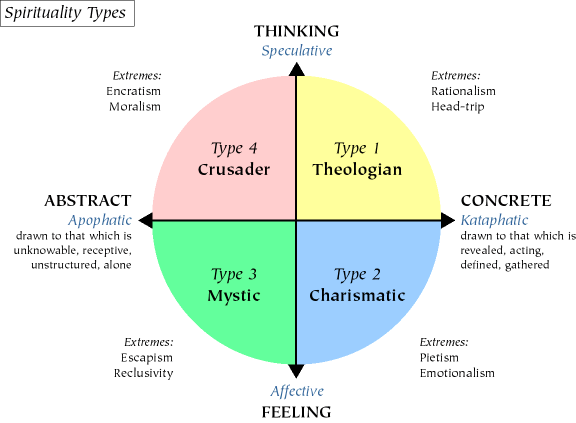 He's not tuned in enough reality, not well adapted to it. His does not leave surprise, how this person is a likeness God - could fall into such an ill-fated world history. He does not leave the feeling that he is only on earth the guest. Therefore, the earth has less power over him. He more than anyone retains his freedom from her temptations souls. He can only be so free because feels the support of eternity… Western culture there is a culture of the middle. Socially she rests on middle class; psychologically - mentally middle state. Her virtues are self-control, good manners, efficiency, avoidance of excesses. Russia All this is the complete opposite. Before 1917 here the bearer of culture was not the middle class - it was in There was no Russia - but ... a thin top layer; the basic mental attitude was determined not by moderation, but striving for extremes, for the end. Modern Russianness moves within the marginal culture. Russian constantly in danger of getting lost in the fog, while a European stands firmly on the ground with both feet - sometimes even all four.
He's not tuned in enough reality, not well adapted to it. His does not leave surprise, how this person is a likeness God - could fall into such an ill-fated world history. He does not leave the feeling that he is only on earth the guest. Therefore, the earth has less power over him. He more than anyone retains his freedom from her temptations souls. He can only be so free because feels the support of eternity… Western culture there is a culture of the middle. Socially she rests on middle class; psychologically - mentally middle state. Her virtues are self-control, good manners, efficiency, avoidance of excesses. Russia All this is the complete opposite. Before 1917 here the bearer of culture was not the middle class - it was in There was no Russia - but ... a thin top layer; the basic mental attitude was determined not by moderation, but striving for extremes, for the end. Modern Russianness moves within the marginal culture. Russian constantly in danger of getting lost in the fog, while a European stands firmly on the ground with both feet - sometimes even all four.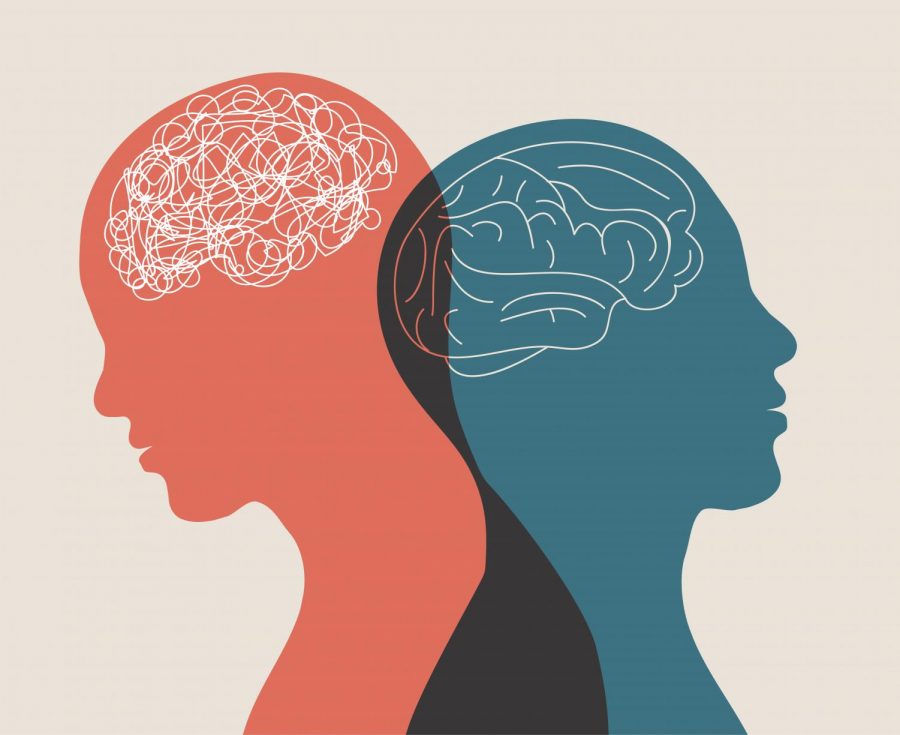 Therefore, among educated people of his people, an individual European stands out like this insignificantly, and Russian is so attractive and lively. European - decent and diligent, a skilled worker who functions flawlessly cog of a large mechanism. Outside of his profession, he hardly is taken into account. He prefers the golden path middle”, and this is usually the way to gold. He delusional about himself, taking himself as it is especially takes place in France and Germany, for a spiritual being. True, the French and Germans highly value the educational qualification, much higher than the Anglo-Saxons. But spiritual freedom and they no longer have. None of them would refuse material goods in exchange for spiritual ones. economic welfare, at least economic security is a condition for any European, basis, and often the goal of education. The main feature of this culture - realism, not idealism ... A traveler in Europe is immediately carried away by the noisy rhythm of her active forces; high-pitched melody reaches his ears labor, but this - with all the greatness and power - is a song about the earth ”(W.
Therefore, among educated people of his people, an individual European stands out like this insignificantly, and Russian is so attractive and lively. European - decent and diligent, a skilled worker who functions flawlessly cog of a large mechanism. Outside of his profession, he hardly is taken into account. He prefers the golden path middle”, and this is usually the way to gold. He delusional about himself, taking himself as it is especially takes place in France and Germany, for a spiritual being. True, the French and Germans highly value the educational qualification, much higher than the Anglo-Saxons. But spiritual freedom and they no longer have. None of them would refuse material goods in exchange for spiritual ones. economic welfare, at least economic security is a condition for any European, basis, and often the goal of education. The main feature of this culture - realism, not idealism ... A traveler in Europe is immediately carried away by the noisy rhythm of her active forces; high-pitched melody reaches his ears labor, but this - with all the greatness and power - is a song about the earth ”(W.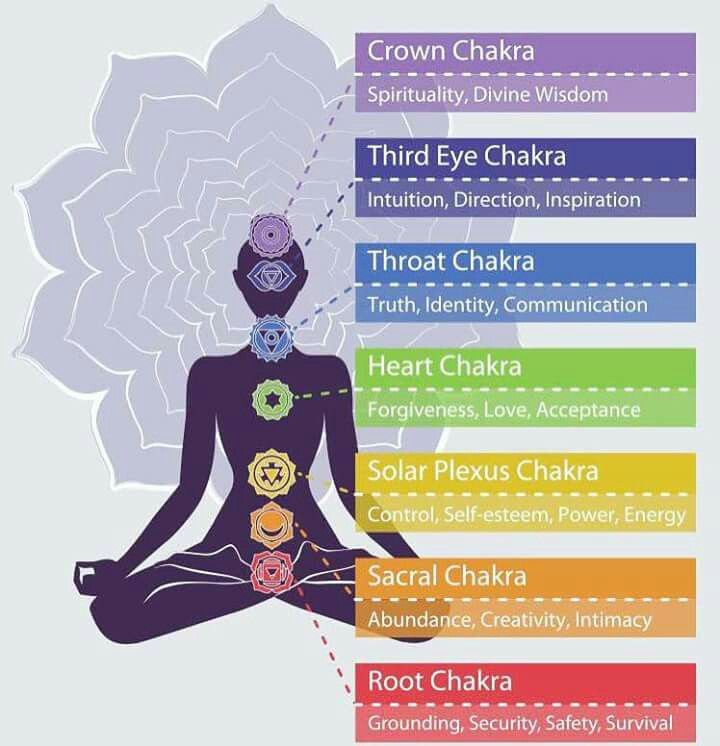 Schubart).
Schubart).
Russian character is woven from paradoxes : being more "sky-high" than the Europeans, the Russians were able master the grandiose spaces; less Europeans rooted in the earthly world, Russians appear in it harder and more organic. No middle dimension affects everything. "Promethean man inherent in the middle state of the soul. It makes him cold businesslike, persistent, thoughtful. Russian soul is alien middle. Russian does not have damping middle parts - connecting link between two extremes. In a Russian person, contrasts are one to back to back, and their hard friction rubs the soul to wounds. There is rudeness next to the tenderness of the heart, cruelty next to sentimentality, sensuality next to asceticism, sinfulness side by side with holiness. Russia is a country unlimited spiritual possibilities. Russian is cascade of feelings. One emotion suddenly and for no reason goes into the opposite direction. How many Russian songs and dances, in which merriment abruptly replaces each other and sadness!.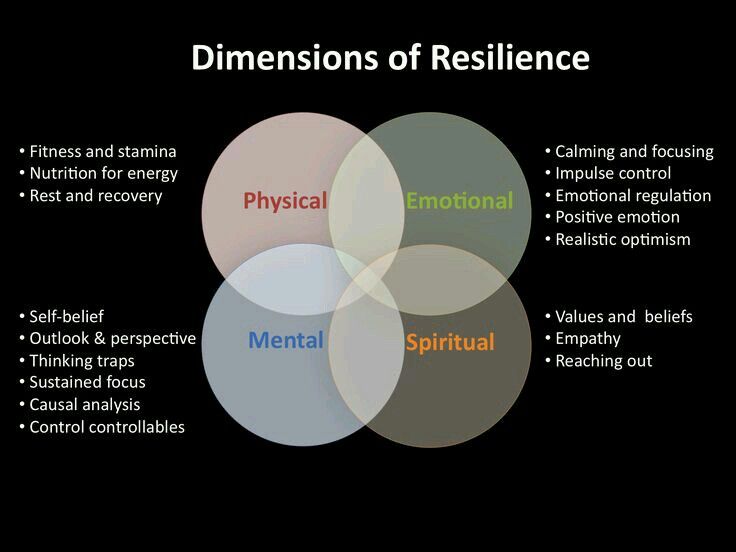 . Russian tends to rush to opposite pole... Convulsive randomness extreme states very easily deprives a Russian person of his great innate ability to freedom and throws it, without any resistance, into the abyss of worldly temptations, so that the average European, capable of holding himself from the most dangerous hobbies and upheavals, it seems next to Russians are even much freer. When a Russian is free, he acts instinctively, out of a blind desire for freedom, out of contempt for everything worldly, while Promethean man reaches the highest point available freedom to him only by conscious exertion of the will. When the impulse to the supersensible fades, the Russian is too easy allows himself to be carried away into a whirlwind of passions, in which there is no longer any freedom. He lacks the organizing will, which maintains internal balance. As a result a picture is obtained, often used in comparison Russians with Europeans: Russian in his heights can reach such heights that are inaccessible to any European; but the average Russian person often falls below that line maintained by the average European.
. Russian tends to rush to opposite pole... Convulsive randomness extreme states very easily deprives a Russian person of his great innate ability to freedom and throws it, without any resistance, into the abyss of worldly temptations, so that the average European, capable of holding himself from the most dangerous hobbies and upheavals, it seems next to Russians are even much freer. When a Russian is free, he acts instinctively, out of a blind desire for freedom, out of contempt for everything worldly, while Promethean man reaches the highest point available freedom to him only by conscious exertion of the will. When the impulse to the supersensible fades, the Russian is too easy allows himself to be carried away into a whirlwind of passions, in which there is no longer any freedom. He lacks the organizing will, which maintains internal balance. As a result a picture is obtained, often used in comparison Russians with Europeans: Russian in his heights can reach such heights that are inaccessible to any European; but the average Russian person often falls below that line maintained by the average European.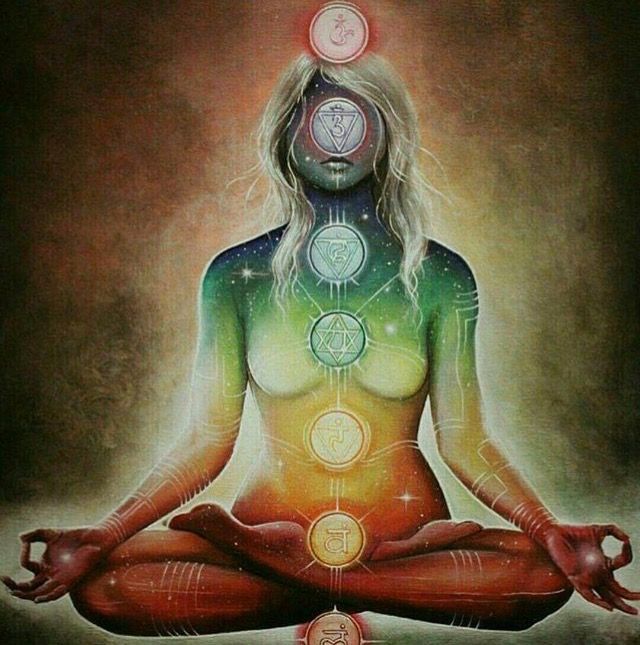 In culture middle - the middle is appropriate and should be, because it is the backbone of cultural life. In culture end differently. She lifts up with her extremes mighty peaks, between which terrible abysses gape. European culture flourishes today on high plateau with slightly protruding elevations; Russian, on the other hand, resembles a torn mountain range with wild rocky gorges ”(W. Schubart).
In culture middle - the middle is appropriate and should be, because it is the backbone of cultural life. In culture end differently. She lifts up with her extremes mighty peaks, between which terrible abysses gape. European culture flourishes today on high plateau with slightly protruding elevations; Russian, on the other hand, resembles a torn mountain range with wild rocky gorges ”(W. Schubart).
Russian character is polarized and in accordance with life appointment, efforts in the division of labor of various strata and cultural groups. In the broad soul of a large nation on one pole - grounded type, on the other - soaring to sky-high heights; on one - settled workers, humble draft men, on the other - free wanderers, explorers of new spaces; on one - Conservative guardians (which is why it is natural inert and immersed in matter, do not want self-activity and activity), on the other - inspired creators, discoverers of new spiritual dimensions.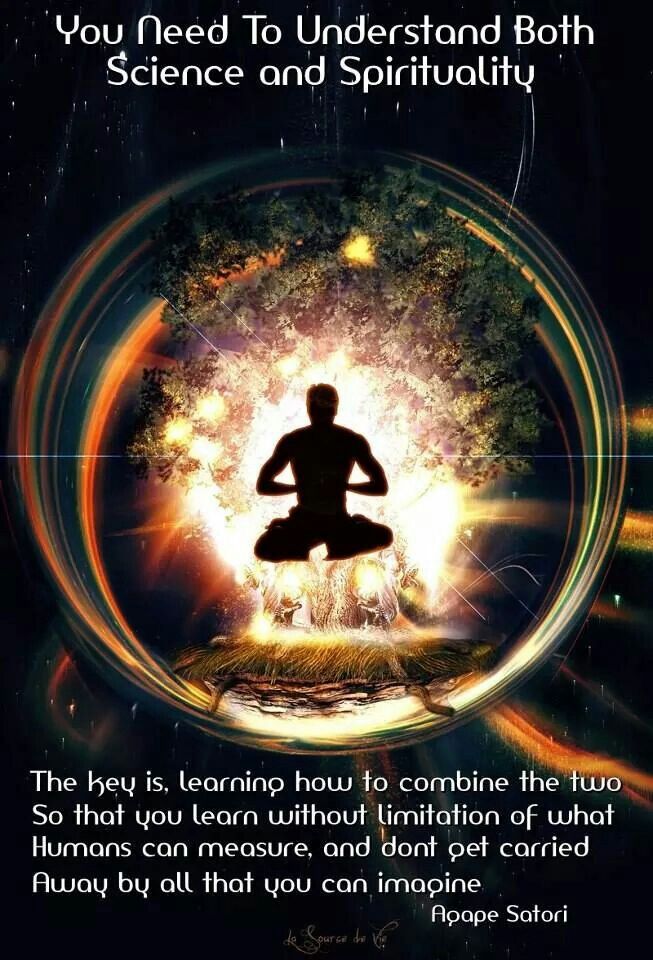 But both of them - creators in different ways, equipping a harsh earth. “The Russian people, with its pronounced love for freedom was two possibilities, two life path: or endure, serve and sacrifice, or imperceptibly hide, evade service and rebel. In real followed both the one and the other path: more conscientious, but weak natures endured, served, sacrificed themselves; biologically stronger, but nasty hid, shied away from service, rebelled ... The best in plan of prudence, fidelity, love for the fatherland, courage, readiness for self-sacrifice, everyone took upon themselves and built their own state; passive natures, not possessing special courage, but those liable for military service, bent, carried their burden, helped first and found their comfort in faith. These were the two elements of society that created the state. The biologically strong fought for freedom at any cost. entrepreneurship, independence in life, space and will and run away; they were joined by loafers, revelers, libertines, criminal elements.
But both of them - creators in different ways, equipping a harsh earth. “The Russian people, with its pronounced love for freedom was two possibilities, two life path: or endure, serve and sacrifice, or imperceptibly hide, evade service and rebel. In real followed both the one and the other path: more conscientious, but weak natures endured, served, sacrificed themselves; biologically stronger, but nasty hid, shied away from service, rebelled ... The best in plan of prudence, fidelity, love for the fatherland, courage, readiness for self-sacrifice, everyone took upon themselves and built their own state; passive natures, not possessing special courage, but those liable for military service, bent, carried their burden, helped first and found their comfort in faith. These were the two elements of society that created the state. The biologically strong fought for freedom at any cost. entrepreneurship, independence in life, space and will and run away; they were joined by loafers, revelers, libertines, criminal elements.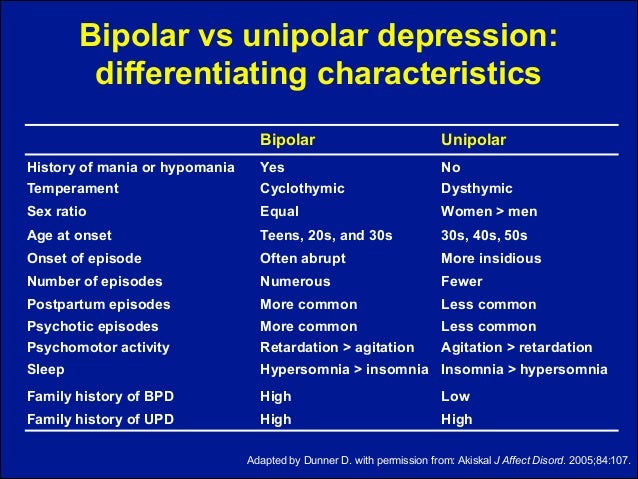 This process of avoidance evasion, rebellion had various sources and causes - psychological, natural, social and of a historical nature: 1) the thirst of Russians for wanderings; 2) Tatar pogroms forced people who had lost their hearth, gather in groups; 3) they also dropped from many a taste for robbery; 4) beckoned free lands; 5) and secretive the attraction to anarchy also played a role here: for centuries, like a gust of wind, carried the Russians through the Asian deserts and the southern steppes of the plain ... These people strayed into groups. They were called not robbers, not revelers, but "remote fellows." Honest settled the working people suffered from their pressure and envied them free, outwardly heroic, temperamental life; people knew that their way of robbery and murder was the way of sin, and nevertheless he sang this sinful way in verses and songs; people dreamed of romantic dangers, of romantic adventures, about a life free from hardships and idealized this path: through freedom - to wealth .
This process of avoidance evasion, rebellion had various sources and causes - psychological, natural, social and of a historical nature: 1) the thirst of Russians for wanderings; 2) Tatar pogroms forced people who had lost their hearth, gather in groups; 3) they also dropped from many a taste for robbery; 4) beckoned free lands; 5) and secretive the attraction to anarchy also played a role here: for centuries, like a gust of wind, carried the Russians through the Asian deserts and the southern steppes of the plain ... These people strayed into groups. They were called not robbers, not revelers, but "remote fellows." Honest settled the working people suffered from their pressure and envied them free, outwardly heroic, temperamental life; people knew that their way of robbery and murder was the way of sin, and nevertheless he sang this sinful way in verses and songs; people dreamed of romantic dangers, of romantic adventures, about a life free from hardships and idealized this path: through freedom - to wealth . .. From these "remote good fellows" gradually the Cossacks were taking shape ... A tendency to anarchy found refuge on the periphery, fixed it here, then there, on the natural borders, the conquests began; after behind her, slowly and with a puff, the instinct national self-preservation, educated anarchist fugitives and turned them into national defenders border lines "(I.A. Ilyin). Such the variety of national types speaks of a rich the content of the national character, and not about its antinomic breakdown. Big people have big soul. And the people, forced to fight for survival in unprecedentedly difficult and harsh conditions, the soul will inevitably complicated, containing a variety of properties and states. Some antinomic qualities were combined in the Russian soul due to its complexity, depth and breadth, which is a difficult the burden of being, which is why F.M. Dostoevsky: “The Russian man is wide - it would be nice narrow down."
.. From these "remote good fellows" gradually the Cossacks were taking shape ... A tendency to anarchy found refuge on the periphery, fixed it here, then there, on the natural borders, the conquests began; after behind her, slowly and with a puff, the instinct national self-preservation, educated anarchist fugitives and turned them into national defenders border lines "(I.A. Ilyin). Such the variety of national types speaks of a rich the content of the national character, and not about its antinomic breakdown. Big people have big soul. And the people, forced to fight for survival in unprecedentedly difficult and harsh conditions, the soul will inevitably complicated, containing a variety of properties and states. Some antinomic qualities were combined in the Russian soul due to its complexity, depth and breadth, which is a difficult the burden of being, which is why F.M. Dostoevsky: “The Russian man is wide - it would be nice narrow down."
The dramatic antinomianism of the Russian character (submission and rebellion, liberty and slavery, creation and destruction, striving for harmony and failures in chaos) is based on some innate properties.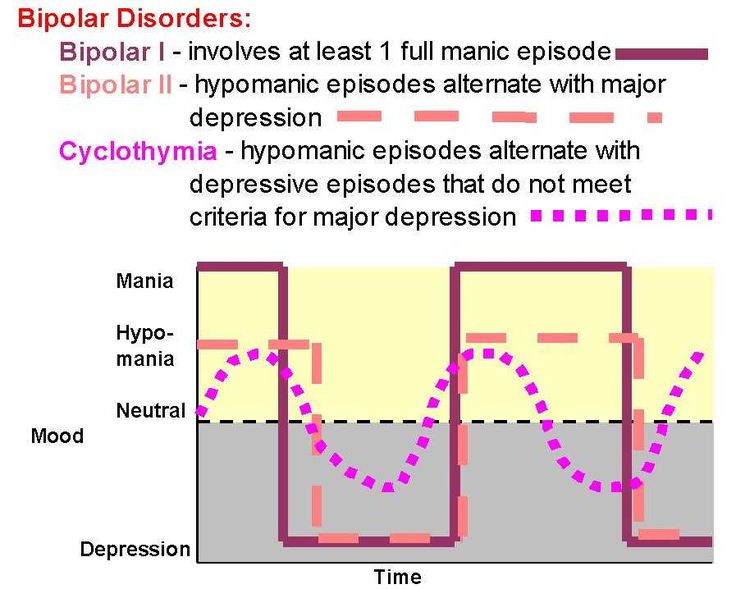 But most of them strengthened by the extremely heavy historical burden of the people, whose soul is polarized in the drama of history, in the tense the dynamics of spiritual ups and downs. Many breakdowns and breaks - from an incredibly stressful life; this is growing pains and survival pains. many upheavals and falls in Russian history are explained catastrophic survival conditions : instability, instability and unpredictability were quite objective life factors, and bestial sense of danger only reacted to them. (Many educated Russian people were drawn to Europe as a cozy, warm, undemanding space from the most severe space, over-demanding.) Russian pendulum when activity is changed by inaction, overvoltage - demobilization, is an acquired mechanism survival. Polar states are not quite organic for everyday life, therefore, with over-dynamism and overvoltage among the people can "burn out" some mechanisms of self-control, and in states passive lack of will, treacherous leaders can inspire the people false thoughts and impose harmful actions.
But most of them strengthened by the extremely heavy historical burden of the people, whose soul is polarized in the drama of history, in the tense the dynamics of spiritual ups and downs. Many breakdowns and breaks - from an incredibly stressful life; this is growing pains and survival pains. many upheavals and falls in Russian history are explained catastrophic survival conditions : instability, instability and unpredictability were quite objective life factors, and bestial sense of danger only reacted to them. (Many educated Russian people were drawn to Europe as a cozy, warm, undemanding space from the most severe space, over-demanding.) Russian pendulum when activity is changed by inaction, overvoltage - demobilization, is an acquired mechanism survival. Polar states are not quite organic for everyday life, therefore, with over-dynamism and overvoltage among the people can "burn out" some mechanisms of self-control, and in states passive lack of will, treacherous leaders can inspire the people false thoughts and impose harmful actions.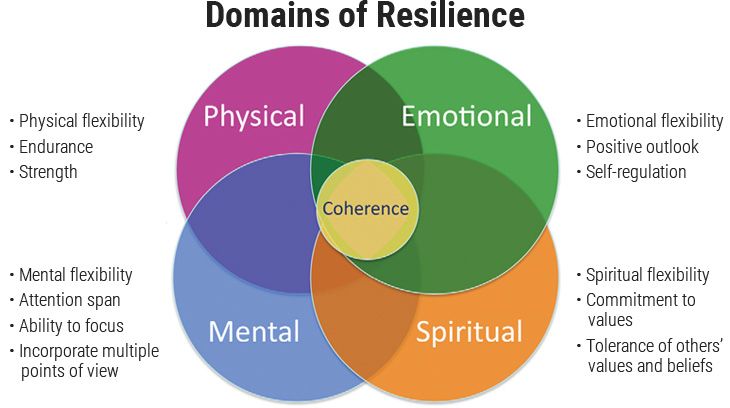 painful extremes were acquired in a tragic way and painfully obsolete, not so much combining as alternating. Holy Rus' is a spiritual ideal and mover fate of Russia. Russian turmoil is tragic breakdown and self-forgetfulness of the people, when the innate the virtues are superseded by the vices that parasitize them.
painful extremes were acquired in a tragic way and painfully obsolete, not so much combining as alternating. Holy Rus' is a spiritual ideal and mover fate of Russia. Russian turmoil is tragic breakdown and self-forgetfulness of the people, when the innate the virtues are superseded by the vices that parasitize them.
The mysterious paradox of Russian history: the people mastered the most large spaces, which indicates unseen forces; but life in these open spaces is arranged much less, with huge resources, the standard of living is much lower, than in the West. On closer inspection, one is continuation of another. Russian spaces are the most severe among civilized countries, their protection from endless invasions required enormous forces. objective living conditions predetermined a low level in the national economy surplus product, b to most of which had to spend on state self-preservation. The strength and talents of the people were enough to ensure that so settle down.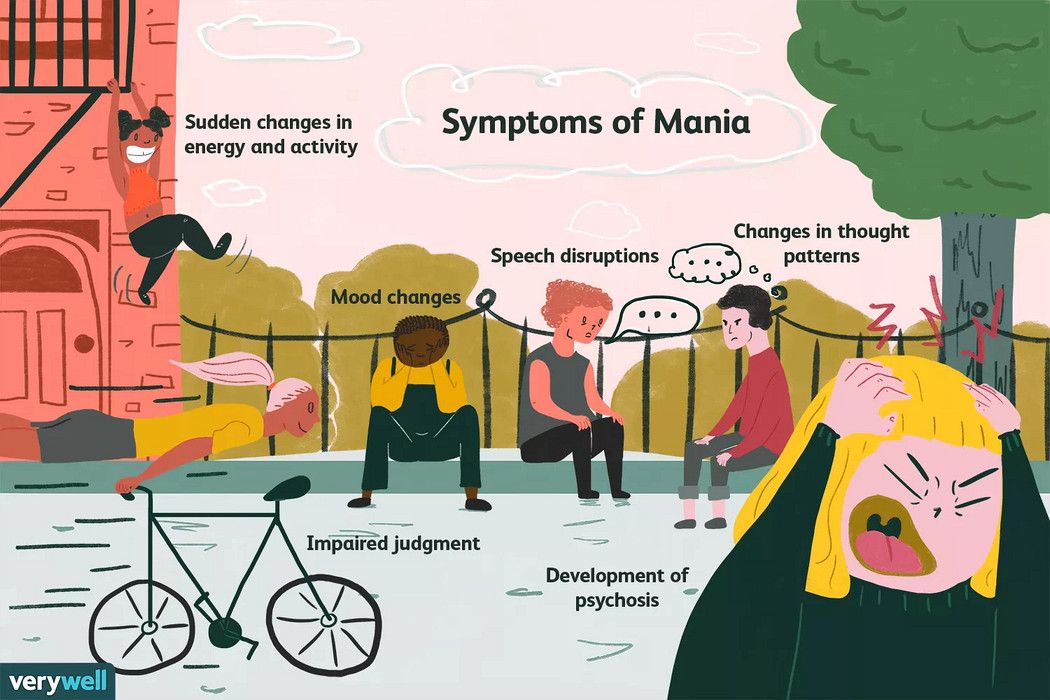 It was enough to not get bogged down in worries about daily bread or striving for the unattainable comfort and, most importantly, save strength for the most urgent - understanding of life, spiritual creativity, self-creation and creation of culture.
It was enough to not get bogged down in worries about daily bread or striving for the unattainable comfort and, most importantly, save strength for the most urgent - understanding of life, spiritual creativity, self-creation and creation of culture.
Anton Batagov: The unity of sexuality and spirituality is not a contradiction
In April Firma Melodiya will release a double album with a premiere recording of Anton Batagov's vocal cycle "16+". The two-hour composition for voice, piano and percussion is conceived as a great statement on the theme of "love and the life of a woman". A mosaic of texts by sixteen poetesses - from the ancient Sumerian priestess Enheduanna to Vera Polozkova - is illuminated by the voice of Nadezhda Kucher, based on which Batagov created his musical offering to the fair sex. Yaroslav Timofeev met first with the composer and then with his muse to talk about "eternally feminine" and its modern variations.
YAT Let's start from the beginning, that is, from the name. It is clear that "16+" is the number of songs plus afterword or plus infinity. And it is also clear that today in our country such a name cannot be associated with age restrictions. Let me ask a direct question: for you, a woman is 16+?
It is clear that "16+" is the number of songs plus afterword or plus infinity. And it is also clear that today in our country such a name cannot be associated with age restrictions. Let me ask a direct question: for you, a woman is 16+?
AB In general, it's very funny that we have these "age" inscriptions - it immediately smelled of the Soviet Union. But this is how we live now. In "16+" everything is about love. So, let such an association also work.
JAT At least that's the age of consent, so you can't fault it.
AB As for the first meaning, for some reason I chose sixteen out of an infinite number of texts. Or they chose me. As for the plus, you are right, it is turned there, to infinity, which I did not choose.
YAT How did you get the idea to write such a cycle?
AB It's interesting: if I wrote a cycle on the words of men, probably no one would ask me why such an idea appeared? It is clear that the creators are mostly men. The very fact of turning to women's poetry already raises questions. One day I accidentally found out that the first poet whose name has been preserved in history is not a man, but a woman. And she lived no less than in the 23rd century BC. This lady, whose name was Enheduanna, was a high priestess in the Sumerian civilization - it is clear that if it had occurred to some girl to compose poetry just like that, she would have been quickly dealt with there. Since Enheduanna was a figure of divine status, her texts were considered sacred, so they were replicated in huge numbers: students in schools copied them on clay tablets. There are so many of these tablets that the researchers compared them and proved that the texts are real, not some kind of late falsification. These are texts that say everything. Then Buddha came, then Christ came, and they said about the same thing. Immersed in this story, I thought that there were other women after her who wrote no worse. A cycle of songs is always a set of lyrics that are connected in some way.
The very fact of turning to women's poetry already raises questions. One day I accidentally found out that the first poet whose name has been preserved in history is not a man, but a woman. And she lived no less than in the 23rd century BC. This lady, whose name was Enheduanna, was a high priestess in the Sumerian civilization - it is clear that if it had occurred to some girl to compose poetry just like that, she would have been quickly dealt with there. Since Enheduanna was a figure of divine status, her texts were considered sacred, so they were replicated in huge numbers: students in schools copied them on clay tablets. There are so many of these tablets that the researchers compared them and proved that the texts are real, not some kind of late falsification. These are texts that say everything. Then Buddha came, then Christ came, and they said about the same thing. Immersed in this story, I thought that there were other women after her who wrote no worse. A cycle of songs is always a set of lyrics that are connected in some way. Why can't they be connected through women's poetry?
Why can't they be connected through women's poetry?
YAT How did the line of sixteen texts line up?
AB For me, the choice is always a difficult test. But the last thing I wanted to do was make an encyclopedia of women's texts. The question arose of which languages to use. It seems to be customary to sing everything in the original language. But, on the other hand, the instant reaction of the listener is always important to me. It just so happened that the modern globalized world revolves around the English language, and I am a native speaker of Russian. And I decided that it would be most justified for me if I reduced everything to two languages. I took several Russian texts and several English ones, some of which were written in England and America, and some were translated, but not from the main European languages, but from more distant ones: Sumerian, Hindi and Middle Dutch. In the end, everything came together as a single story, almost a plot. This is a journey of one heroine through different lives.
This is a journey of one heroine through different lives.
YAT At what point did Nadezhda Kucher appear in this plan?
AB Almost immediately. In general, I am arranged in such a way that it is not easy for me to cooperate with musicians - for me it is always a big question who should be the performer of my music and why. Academic singing, as well as academic playing musical instruments, I have not considered an actual area for myself for a long time. It is clear that in terms of style, "16+" has the least relation to the classics. There are non-academic styles, different branches of rock music. And operatic singing rarely includes something stylistically different. When I heard Nadia first on record, then live, it was an impression that I can hardly compare with anything, because her voice is made of a different material - not from the one that the voice of opera singers is made of. I heard it in early music, and there are very close bridges between early music and rock. I thought that it was Nadia who was both the person and the type of voice that are the only ones close to me in this work. And when we started rehearsing, I realized that I hit the mark. No one else could just do it. Nadya said: "I'm most surprised how it turns out." Although she started out singing in a rock band, her fall into the style of American and especially African-American vocals is inexplicable - the feeling that she was born there.
I thought that it was Nadia who was both the person and the type of voice that are the only ones close to me in this work. And when we started rehearsing, I realized that I hit the mark. No one else could just do it. Nadya said: "I'm most surprised how it turns out." Although she started out singing in a rock band, her fall into the style of American and especially African-American vocals is inexplicable - the feeling that she was born there.
YAT There is a nobility in Nadezhda's voice, which is sometimes found in opera singers and much less often in pop singers. So it seems to me it is no coincidence that it was the opera singer who coped with the entire scope of the tasks set at 16+.
AB I absolutely agree about nobility. Nobility is what you cannot teach, what you cannot explain. Even when Nadia sings hard stuff, it's never rough or vulgar. If we recall the greatest rock singers, firstly, they always sing into the microphone, and secondly, they lack that dimension in their voice that really comes from Nadia's operatic experience.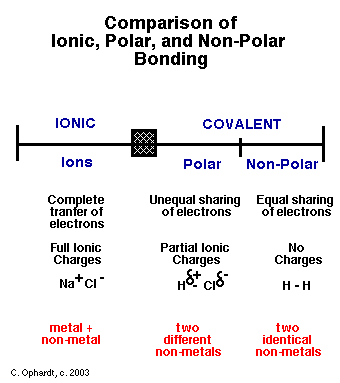 Nadia gets a connection that would be impossible from the rocker side.
Nadia gets a connection that would be impossible from the rocker side.
YAT How was the recording?
AB For me, studio practice is the main form of life. In general, classical musicians are usually afraid of the microphone. They prefer to play in public. In the studio, they usually record a take and immediately go to listen. During such transitions, the concentration that is necessary for studio recording to be effective is lost. In general, I record quickly: you can’t stay in the studio for too long, otherwise you will lose everything. Based on my speed, I estimated that we would need four shifts of four hours to record two hours of music. And he was terribly happy when Nadya reacted with complete understanding. And in the end, we did everything in three shifts. There was a feeling that we did not need to explain anything to each other, somehow adjust. Everything went naturally. Then the wonderful sound engineer Misha Spassky and I worked on editing and mixing, and when we finished, Nadya said that the voice sounded the way she imagined.
YAT Glenn Gould, as you know, loved to stick together his records from the smallest fragments. How do you prefer to work?
AB In "16+" there are songs that were recorded without any glue at all. And sometimes I had to do micro-editing, but I don’t have an end in itself - to glue for the sake of a buzz. Actually, this is a narcotic process, when you realize that you can glue everything together by a note. Narcotic, but not entirely honest. On the other hand, of course, it makes sense to record music in the studio in order to do something that is impossible in a concert. At 19In the 90s, when I decided to leave the stage, I generally believed that the concert was nothing more than the first take. In addition, they also cough there. By the way, in the 1990s coughing was much less than now.
JT Is this a decline in culture or health?
AB No, it's a mental block that has nothing to do with a cold. By the way, the problem of concert cough on such a scale exists only in Russia.
By the way, the problem of concert cough on such a scale exists only in Russia.
YAT Clamp now when coughing or at 1990s, when they didn't cough?
AB If a person is in a situation where you can cough at any time, he will not cough. But when he knows that it is impossible to cough, then it all starts.
YAT It is not clear then why people coughed less in the 1990s.
AB In the 1990s, it was as if the floodgates were opened: everything, communism is over, you are free. And people let go of themselves, complexes and clamps disappeared. And then something went wrong.
YAT So coughing is a sign of authoritarianism?
AB This is a manifestation of our inner psychological restraint. People are now generally squeezed all over the world, but a concert cough in Russia is a completely amazing thing, it already needs to be released as separate tracks as self-sufficient music.
YAT Continuing the theme of noise music: in the CD booklet you don't reveal the name of a marvelous percussion instrument that lowers the sound after being hit.
AB This is just an old Soviet bass drum. Very deep, expressive, downright singing. Special thanks to Sergey Shamov for him and for the magnificent djembe, which also sounds in our album. There is also a Tibetan ringing cymbal that I love, and one quiet gong strike. Thanks to good sound and microscopic sound engineering tricks - thanks to Misha Spassky for this - percussion instruments live their interesting lives there.
YAT Who plays them?
AB Exclusively me and Nadia. And drums, and stomping, clicking, clapping - all ours.
YAT Is “16+” a woman as she is or a man's view of a woman?
AB Even if I really wanted to portray a female look, I would not have succeeded. And so do you.
YAT In my opinion, you have come very close to this. There seems to be a lot of really feminine there. Perhaps partly because of Hope.
AB Of course, when you write for someone, you partially transform into that person. But all the same, it would be ridiculous to set ourselves the task of a “female gaze”. It was no coincidence that I took as an epigraph a quote from the philosopher Yevgeny Golovin, who always elegantly recognized the extent to which men are imperfect compared to women. Trying to switch yourself into female mode is neither possible nor necessary. We can only admire, bow. Or build illusions that we, men, decide everything. Due to this set of feelings and states, tension is born, bipolar energy, which is in "16+". I just wanted to emphasize this in different ways that I can hardly verbalize.
YT As for the male gaze: in the mentioned epigraph from Golovin, 80% of the text is devoted to men. It turned out eloquently: a cycle about a woman, but a man cannot help but write about himself - at least about how imperfect he is.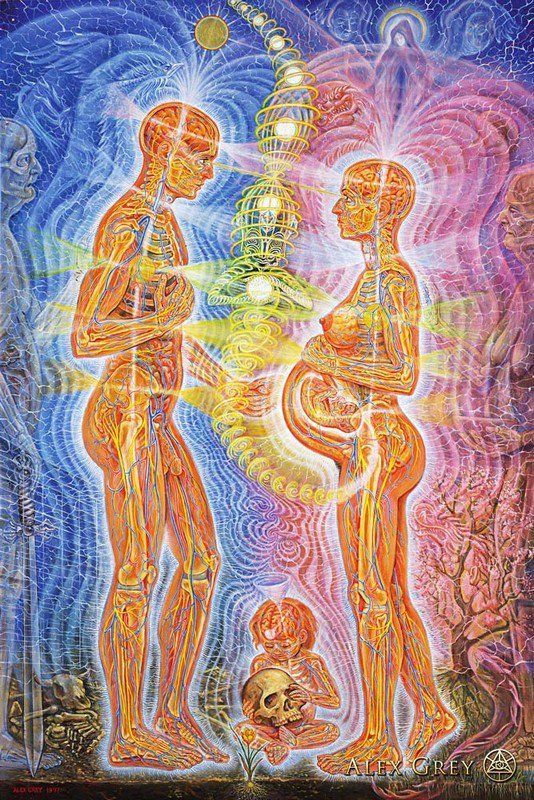 And if you imagine the heroine of the work, what kind of woman will she be?
And if you imagine the heroine of the work, what kind of woman will she be?
AB Have you seen the CD cover, which, by the way, has 16 columns on it at random? Now we will delve into the Freudian side.
YAT Come on.
AB My wife Olesya, a documentary filmmaker and photographer, took this amazing picture. Actually, this is a mannequin from the costume exhibition at the Cloisters Museum in New York - a very strong image of a woman with her eyes closed. We ourselves invent the face of the heroine who goes through all these eras and incarnations. For example, Cassia of Constantinople was canonized by the Orthodox Church, but she was such a beautiful girl that she participated in a beauty contest, during which the emperor chose his wife. She won - but decided that she didn't need anything from the emperor, and went to the nun. When we think about holiness, about the spiritual (I hate this word, but I have to use it), then, according to the modern Christian tradition, we imagine something incorporeal, devoid of physical or, God forbid, sexual manifestations - this is all "from the devil. " In fact, I suspect it's exactly the opposite. Thank God, Buddhists and Hindus do not suppress this side in any way, but, on the contrary, reveal it. The combination of sensuality, sexuality and - in quotation marks - spirituality - this is not a contradiction. One manifests itself through the other. This is the answer to your question. Here is Nadya's voice: from the very first note, it is impossible not to fall in love with him and Nadia herself. When she counts "one - two, one - two - three - four" in the two most rocker things, there is amazing sexuality in this, but not a single gram of vulgarity. But there is purity and holiness - and also in a completely non-vulgar sense. This is all from the category of a dream, from the category of the impossible, because the world is very divided into "high" and "low". What is sad.
" In fact, I suspect it's exactly the opposite. Thank God, Buddhists and Hindus do not suppress this side in any way, but, on the contrary, reveal it. The combination of sensuality, sexuality and - in quotation marks - spirituality - this is not a contradiction. One manifests itself through the other. This is the answer to your question. Here is Nadya's voice: from the very first note, it is impossible not to fall in love with him and Nadia herself. When she counts "one - two, one - two - three - four" in the two most rocker things, there is amazing sexuality in this, but not a single gram of vulgarity. But there is purity and holiness - and also in a completely non-vulgar sense. This is all from the category of a dream, from the category of the impossible, because the world is very divided into "high" and "low". What is sad.
A person says “I love you”, and it works inside him: “Oh, what am I saying?” This is no longer a sense of humor, but a neurosis
YAT I want to return your remark: you said that if it was a cycle of male poems, I would not ask why it appeared.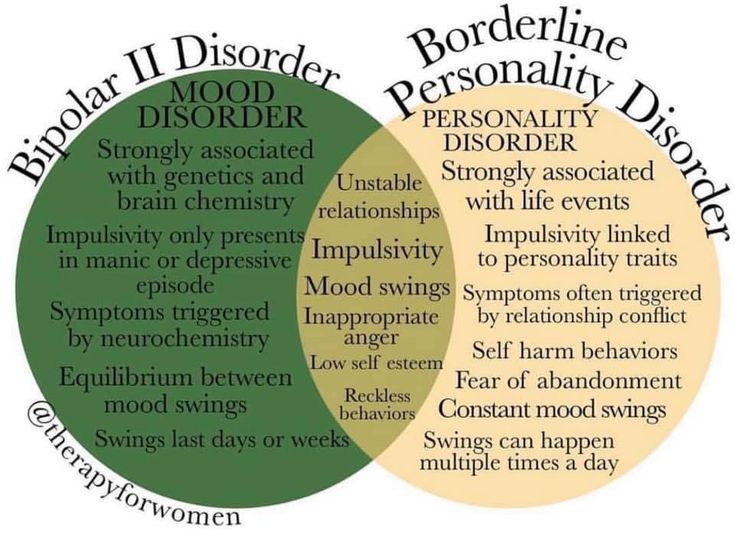 And in your preface you write about women's poetry: "This is an absolutely amazing layer of literature." I think modern feminists would shoot you for that. Agree, there is objectification here: here is normal literature, and here is its “amazing layer”.
And in your preface you write about women's poetry: "This is an absolutely amazing layer of literature." I think modern feminists would shoot you for that. Agree, there is objectification here: here is normal literature, and here is its “amazing layer”.
AB Yes, you are probably right. You can read it like this. You know how it used to be: there are classes - workers, peasants, and the intelligentsia is a stratum. You are a young person, and, probably, this does not resonate with you in any way, but for our generation it was the official Soviet term, which we learned once and remembered forever. I did not use the phrase "layer of literature" in this sense. And that literature can be divided into many different layers from different angles.
YAT But the idea of feminists is precisely that women should no longer be singled out as a layer, because they are an inseparable part of a large culture.
AB I agree that this can be perceived.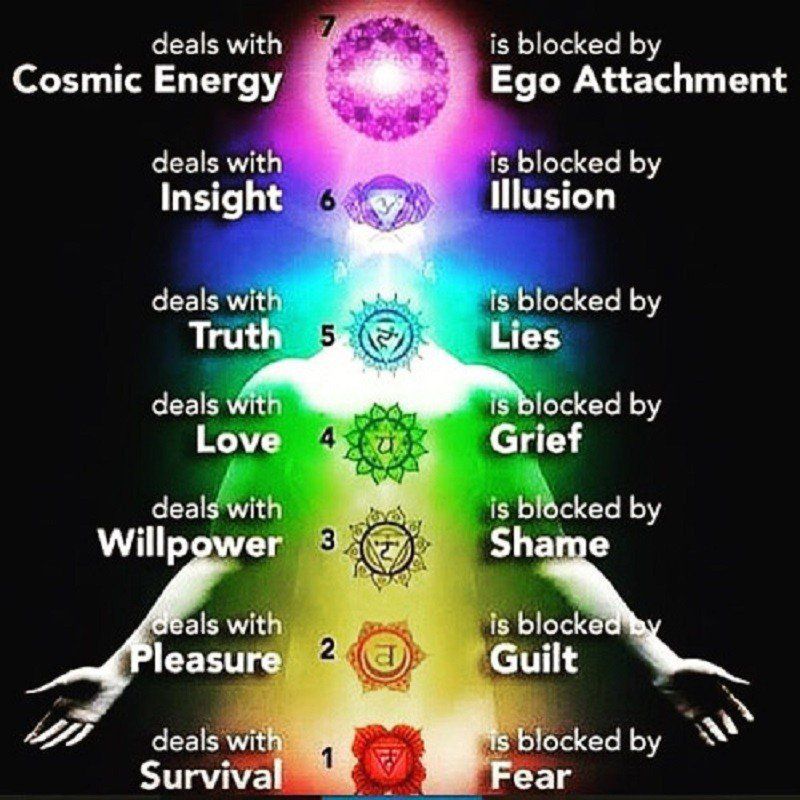 The fact is that in spiritual traditions, in particular, in Buddhism, it is openly said that it is great to be born a man, but it is especially good to be born a man. Because spiritual masters are primarily men. Later it turns out that everything that the great masters achieved, they achieved through communication with a woman, including sexual. In this sense, the allocation of women's literary creativity into a separate category is a forced, or something, gesture. Simply because our civilization is patriarchal. Yes, there is something demonstrative in this. Humanity considers women's art to be second class, so let's look at it differently. In each wording there is something for which you can be shot. I'm not used to being shot.
The fact is that in spiritual traditions, in particular, in Buddhism, it is openly said that it is great to be born a man, but it is especially good to be born a man. Because spiritual masters are primarily men. Later it turns out that everything that the great masters achieved, they achieved through communication with a woman, including sexual. In this sense, the allocation of women's literary creativity into a separate category is a forced, or something, gesture. Simply because our civilization is patriarchal. Yes, there is something demonstrative in this. Humanity considers women's art to be second class, so let's look at it differently. In each wording there is something for which you can be shot. I'm not used to being shot.
JT How do you feel about feminism in general?
AB It is difficult to treat him in any special way, because this is a reaction to what we are talking about. Women endured, endured, and patience ran out.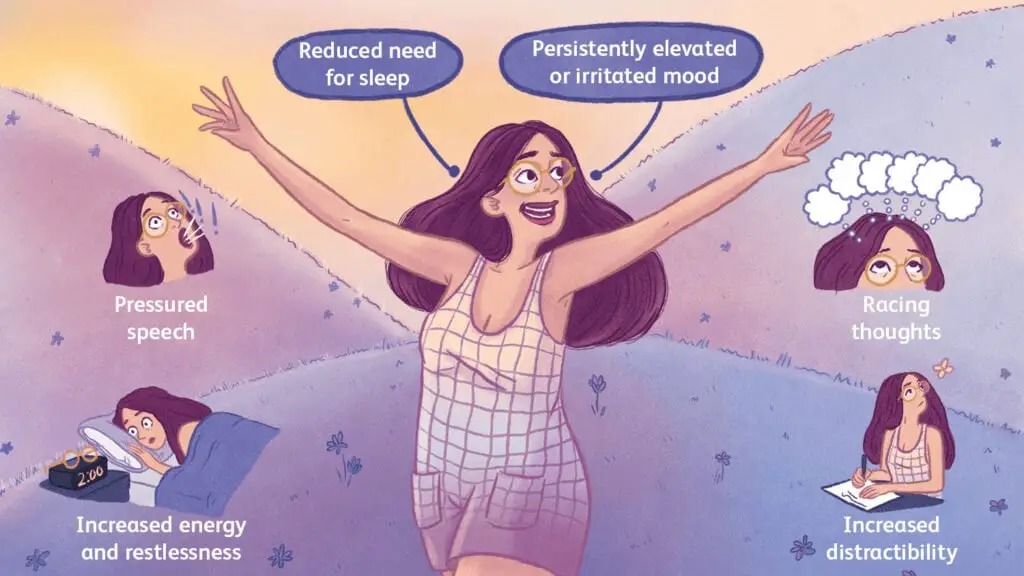 Any reaction cannot be balanced. This is a radical female response to male civilization, and there will inevitably be a lot of things that cause a smile. But let's take a better look at how we men look from the outside before assessing the "side effects" of our own reign.
Any reaction cannot be balanced. This is a radical female response to male civilization, and there will inevitably be a lot of things that cause a smile. But let's take a better look at how we men look from the outside before assessing the "side effects" of our own reign.
YAT Tchaikovsky fell in love with his last composition every time, and then experienced a severe disappointment.
AB Everyone has such differences. When something is finished, I immediately begin to look at it from the side and can no longer analyze how I did it. And I just let this ship sail.
YAT But were you in love with this cycle, did you consider it the best?
AB Everything we do is made of this love. Otherwise, why do it?
YAT How authoritative is this music for you?
AB I think we should stop asking this question. All these disassemblies with authorship have been dragging on for many decades.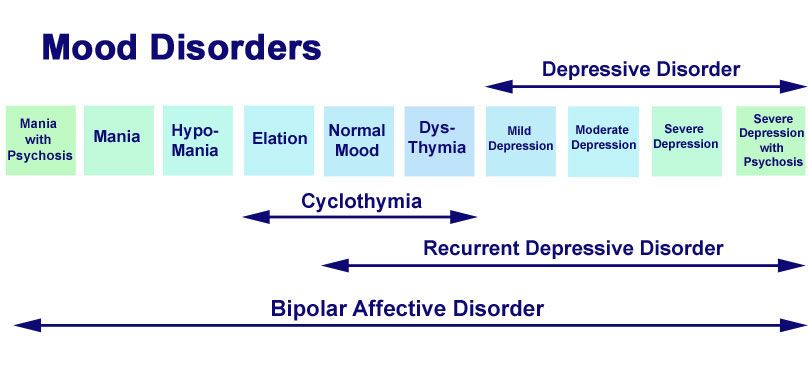 At first we argued that the author had died, then we said that he manifested himself in some other way. In general, authorship does not consist in what the combination of two notes looks like or does not look like. For me, it is contained in other parameters and is not even related to the style. I’m closer to how this was treated in the 16th-17th centuries I loved and even earlier: people did their craft according to certain rules, that’s all.
At first we argued that the author had died, then we said that he manifested himself in some other way. In general, authorship does not consist in what the combination of two notes looks like or does not look like. For me, it is contained in other parameters and is not even related to the style. I’m closer to how this was treated in the 16th-17th centuries I loved and even earlier: people did their craft according to certain rules, that’s all.
YAT I'm not saying that the authorship necessarily lies in the melodies and chords. It can be between notes, and in modern music it is precisely the powerful authorial radiation that sometimes appears between the simplest notes. I ask about your inner feeling: do you speak this music to the world as an intermediary, or do you feel it as your own?
AB “I received a WhatsApp message from God and I am passing it on to mankind” – this is not really about me. Of course, “16+” is a continuation of my thoughts, my showdown with myself (this is already to the doctor), which were in “I Fear No More” and continued in “Letters to Abbess Seraphim”.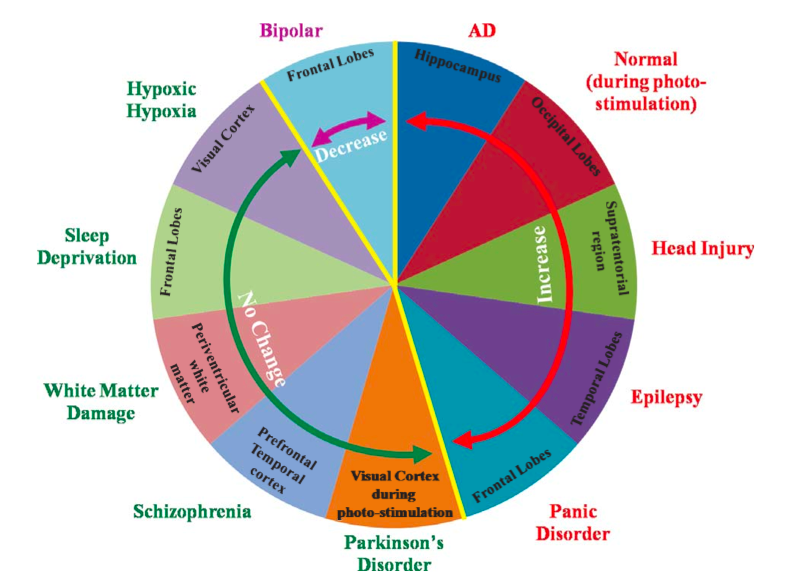 This is the search for that state of love in which you can say: "I fear no more."
This is the search for that state of love in which you can say: "I fear no more."
YAT I have a difficult relationship with the so-called neoclassical...
AB ...This word is just a nightmare, even worse than minimalism. Someone invents these terms, and then we are forced to use them.
YAT So it was with almost all the names of destinations - at first everyone hated them. My question is different. There is a circle of authors like Ludovico Einaudi, and you are close to this circle. It is difficult for me to interact with such music. But when I listened to "16+", I caught myself feeling that in the "female version", from female lips, such things are perceived better. What you call spirituality is often disgusting when it comes from a man. From a woman it seems not so.
AB Oh! That's great. But this needs to be sorted out. You mentioned two components: one is about music, the other is about the so-called spirituality.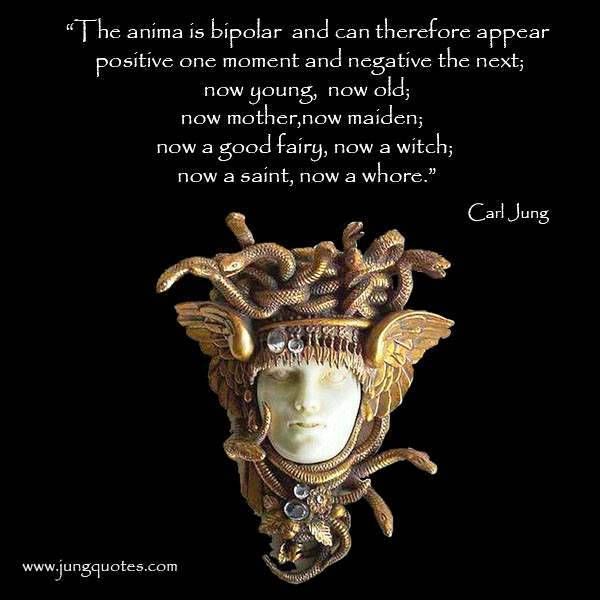 I would consider them separately. There is Einaudi, and there are his imitators. There are many people who think “I can do that too”, and the whole direction immediately has an unpleasant importunity. Being not very talented, such authors actively prove that their music is the truth. As for spirituality, again: there are things that Buddha, Christ or the same Enheduanna once explained to people. Then a lot of other people came along and organized their teachings into organizations. And all this also became unpleasant, especially when it acquired the character of a dictatorship. How to explain that music is vulgar? This word cannot be translated into other languages. How to explain that the vast majority of things happening in the sphere of spirituality have also gone and have nothing to do with spirituality? I don't know how to answer your question. The very fact of transmitting a message through a female intermediary does not change anything, does not make the message vulgar or not vulgar.
I would consider them separately. There is Einaudi, and there are his imitators. There are many people who think “I can do that too”, and the whole direction immediately has an unpleasant importunity. Being not very talented, such authors actively prove that their music is the truth. As for spirituality, again: there are things that Buddha, Christ or the same Enheduanna once explained to people. Then a lot of other people came along and organized their teachings into organizations. And all this also became unpleasant, especially when it acquired the character of a dictatorship. How to explain that music is vulgar? This word cannot be translated into other languages. How to explain that the vast majority of things happening in the sphere of spirituality have also gone and have nothing to do with spirituality? I don't know how to answer your question. The very fact of transmitting a message through a female intermediary does not change anything, does not make the message vulgar or not vulgar.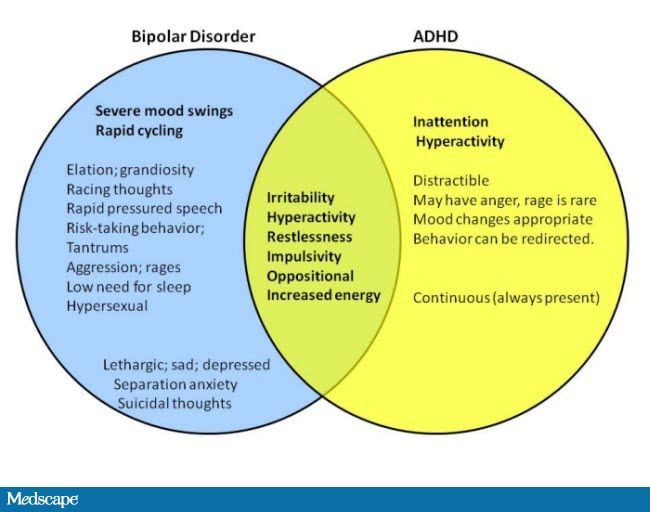
YAT I now have a version of the answer. For me, the two components - musical and "spiritual" - are connected, because the so-called neoclassic, together with the sound message, carries a certain pathos, a message that claims to be high. And, you know, as when recording a voice, there is always at least a little sip, in neoclassical music such a sip glides along with sounds - false pathos. With Hope, the feeling that there is no vulture.
AB Microphones are good.
YAT I thought that perhaps this is due to the peculiarities of the female and male mentality. A man has a desire to convince, logic, rhetoric. A woman is more intuitive, and when she communicates "sublime" to us, the result is purer.
AB Maybe. A man and a woman are two completely opposite mechanisms for mastering reality. But in each person everything is individual. Look, for example, at some of our mutual male acquaintances: someone is absolutely intellectual, he has such creativity and posts on Facebook (an organization whose activities are banned in the Russian Federation) . But even these people have an intuitive side somewhere inside that they are afraid of, and at a certain moment it shoots in one way or another. In other men, intuition prevails, and the ratio adjusts to it. The same is true for women. It seems to me that what you are talking about is Nadia personally. This is her personality. Here she is such that when she sings these things, you believe her. If someone else sang, you would probably be disgusted, and, quite possibly, me too.
But even these people have an intuitive side somewhere inside that they are afraid of, and at a certain moment it shoots in one way or another. In other men, intuition prevails, and the ratio adjusts to it. The same is true for women. It seems to me that what you are talking about is Nadia personally. This is her personality. Here she is such that when she sings these things, you believe her. If someone else sang, you would probably be disgusted, and, quite possibly, me too.
YAT The cycle has at least one humorous part and a few more, shall we say, good-natured ones. But even in these parts you remain quite serious. How do you feel about a sense of humor?
AB I take my sense of humor… uh… seriously. We have been communicating with you for several years now, and I never know how to answer your questions. You ask them in such a way that the respondent has to share everything - this is to the right, this is to the left. There's humor here, and there's seriousness.




